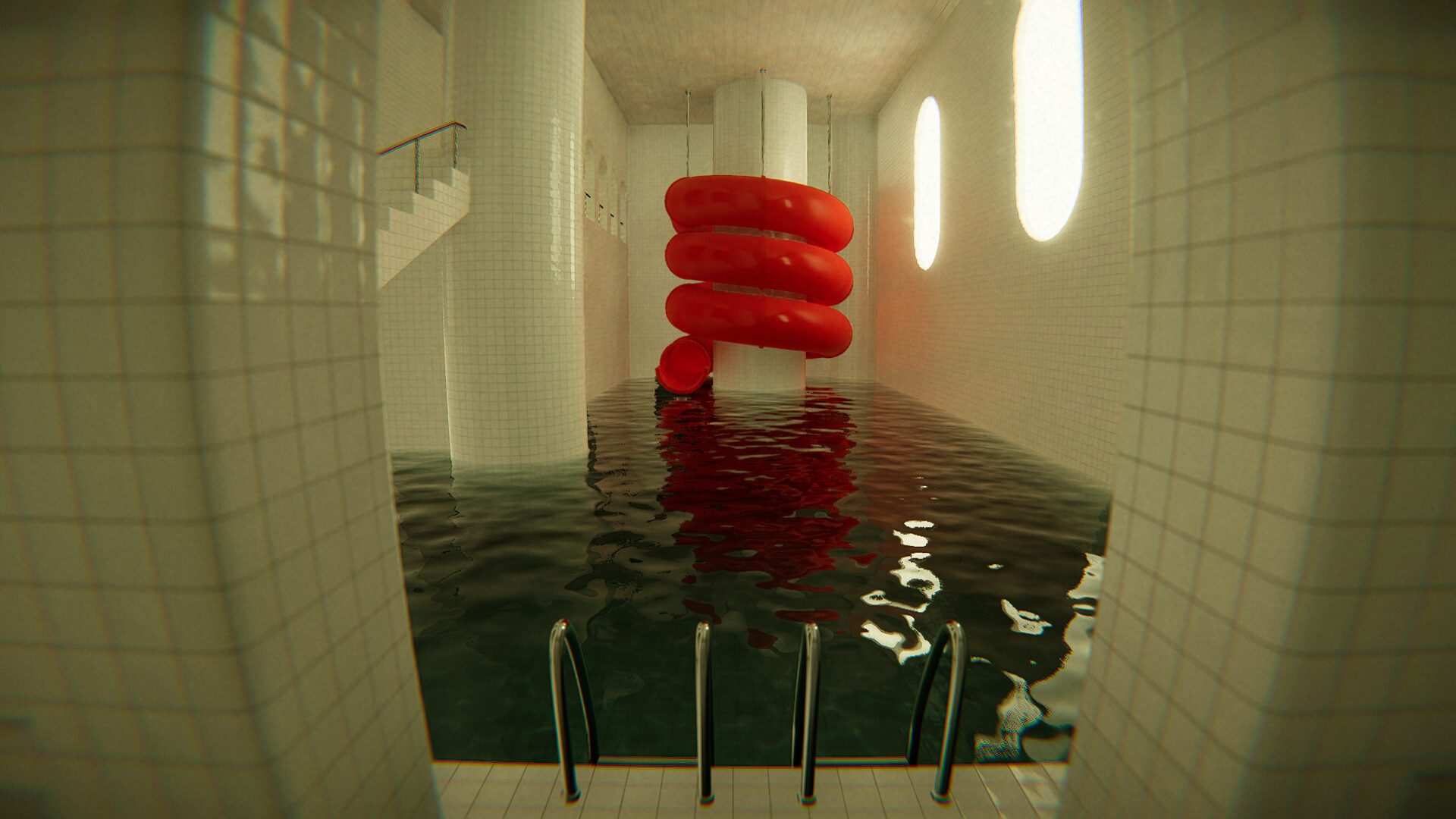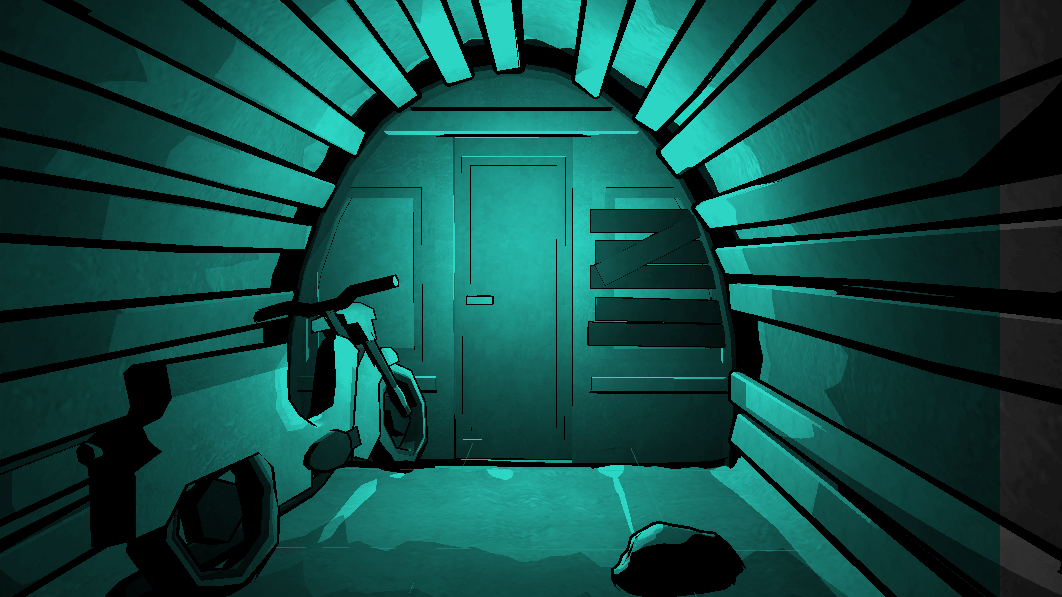I’ve realized over time, especially as I grow older, that gamers can often seem never truly content. When developers introduce fresh, innovative mechanics to the games we adore, we sometimes gripe about the changes being too drastic. Yet if they opt not to introduce these innovations, we’re quick to label the games as mere imitations or gripe that they feel outdated. This same dilemma applies to the complexity of games. A game that’s rich in detail often gets criticized for being overwhelming, while a more streamlined approach is dismissed as overly simplistic. Partly, I believe, this is due to the saturation we experience; we play so many games that everything becomes a comparison. Sometimes, I wonder if we even know what we’re seeking in a game anymore, myself included. This is a relevant consideration when evaluating today’s focus: Death Elevator. Your individual definition of what makes a game good might dictate how you feel about this one.
Let’s dive into the concept of Death Elevator, which is refreshingly straightforward. You step into an elevator, and floor by floor, you’re tasked with taking out adversaries. Picture something along the lines of the original Team Fortress or Quake. There are no frills here—just grab a weapon and take down everything on that floor. Clear it, and the elevator opens to the next challenge. This simplicity might be perceived as a bit too plain for some dedicated shooter fans who’ve grown accustomed to leveling up skills and meticulously planning character load-outs. But for those like me who remember the days before these added complexities, it’s a delightful trip down memory lane. By eliminating the need to focus on character progression, you can hone in on the essential skills and enjoy the core action.
Now, there are two standout features in Death Elevator. The first is its graphics. The design reminded me somewhat of Superhot, with its minimalistic, blocky style that complements the game’s lean approach to gameplay. It’s a neat package offering a refreshing blend of simplicity. Another intriguing element is a unique mechanical twist—bullets moving towards you prompt a slowing down of time, giving you a chance to dodge. It’s a clever addition but comes with a few hitches.
This time-slowing feature only kicks in for bullets within your line of sight, allowing you to dodge or, if you’re quick, shoot them down. While that’s helpful when confronted head-on, it falls short when you’re attacked from all angles. I’ve faced a few instances where I was laser-focused on dodging incoming bullets, only to be unexpectedly taken down by an unseen adversary from behind. It’s an innovative concept but doesn’t work flawlessly in all scenarios. Adapting to account for threats from every direction takes a bit of finesse.
There’s a storyline within Death Elevator, but it unfolds gradually and remains somewhat elusive. As you progress through levels, bits of the narrative emerge, but only if you excel in gameplay. This mechanic keeps our focus on the essence of the game—shooting. So, while I can’t share any spoilers, it’s primarily because I haven’t quite pieced it all together myself yet.
Overall, Death Elevator offers plenty of fun and an addictive gaming loop. Its graphical choices are appealing, and the controls are as responsive as expected. From a technical standpoint, there’s really nothing to criticize. However, whether you enjoy it will depend on what you’re seeking in a game. It appeals to speed runners thanks to its timed runs, and the challenging difficulty level will test veterans. With no checkpoints and the need to finish the game in a single run, it’s perfect for those craving a no-holds-barred experience and fans of arcade-style gaming.
That said, Death Elevator might be a tougher sell for gamers who relish the intricacies of character development and customizing weapon load-outs. You work with what you’re given—a take-it-or-leave-it approach that might not suit everyone. Additionally, the cryptic story could prove challenging for those who seek an immersive narrative experience.
As I continue to strive for better runs, it’s evident that I’m genuinely enjoying Death Elevator. Its old-school charm hits the mark for me, and if you’re of a similar mind or simply eager for something different in the shooting genre, it’s worth checking out. However, if what you desire is a deep, strategic experience, there are other options out there that might better suit your preferences.
The game earns solid marks across several aspects, from look and feel to value for money. Death Elevator is a fun romp, yet it’s not necessarily for every shooter enthusiast. Its basic gameplay approach and notable difficulty might be off-putting to some, but fans of the arcade genre and those seeking a good challenge will likely find it quite rewarding. For gamers searching for a deeper experience, though, this might not hit the spot.














































